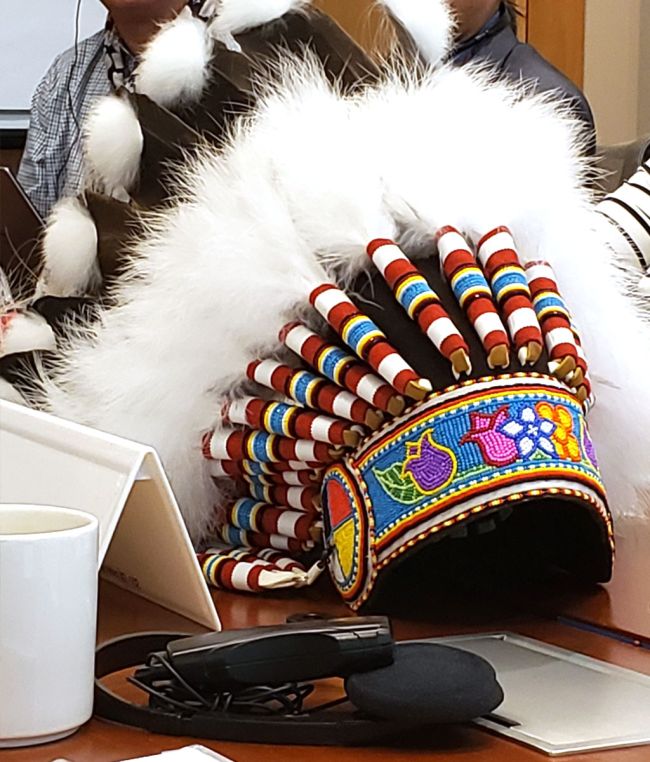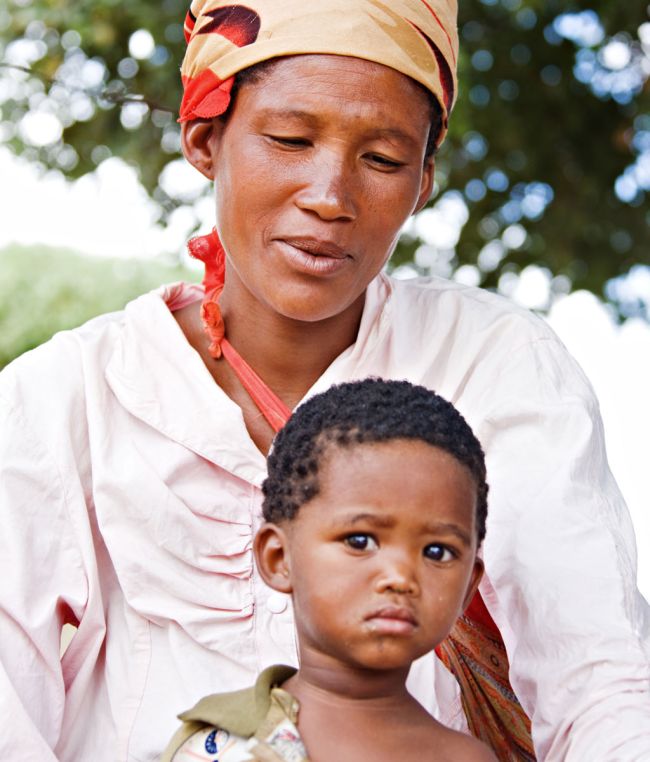The world faces increasing threats of damage, injury and loss due to hazards and climate change, and Indigenous peoples are at heightened vulnerability. However, while Indigenous persons may face greater vulnerability than other communities and groups in a region, they also harbor a host of relevant knowledge that can be applied broadly to disaster risk reduction strategies, programs and policies. Below we define key terminology that is to the work of the network. It is important to recognize the inherent variation between Indigenous and non-Indigenous perspectives, and state that the definitions presented below regarding disaster risk reduction may not always reflect both pillars of knowledge. Disaster risk reduction related concepts stated below follow the internationally agreed-upon definitions developed through UNISDR.

To achieve the vision of stimulating, facilizing and encouraging the collection, preservation and sharing of information and knowledge between and among Indigenous communities and disaster risk reduction and health experts, we will highlight information about activities and events either hosted by the network itself, the Supporting Organizations, or other relevant actors.
Although this is rather a new network, we have held events full of rich discussions, learnings and debates that have led to the creation of the network. We will continue to share more activities related to indigenous knowledge and disasters risk reduction as we become aware of them. If you have information to share about an upcoming event, please

The Caribbean
Central America and Mexico
South America
The United States (including Puerto Rico and U.S. Virgin Islands) and Canada
General Questions
Alex Camacho
Pan American Health Organization
John Scott
Center for Public Service Communications
Rodrigo Escobar
Concertación Regional para la Gestion de Riesgos